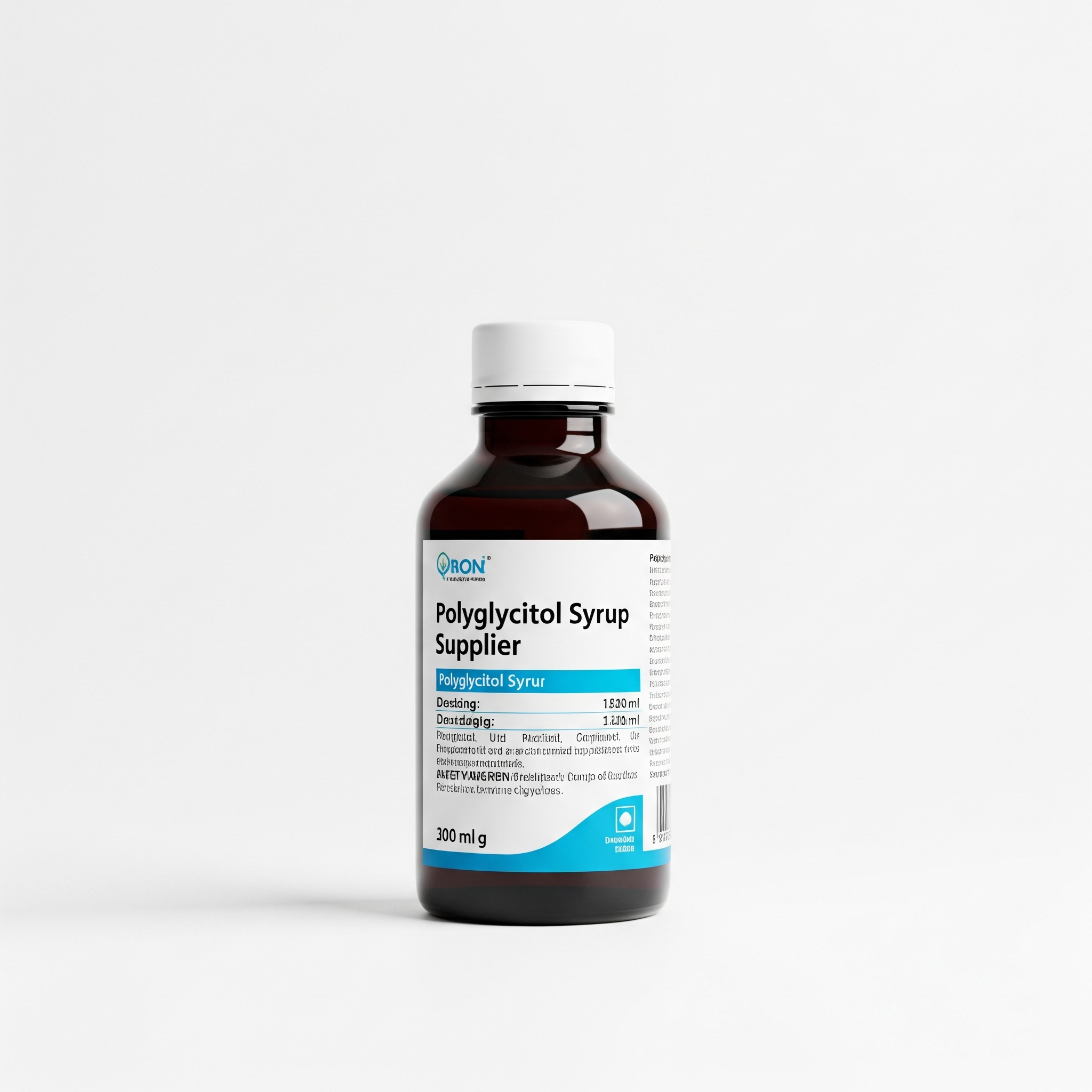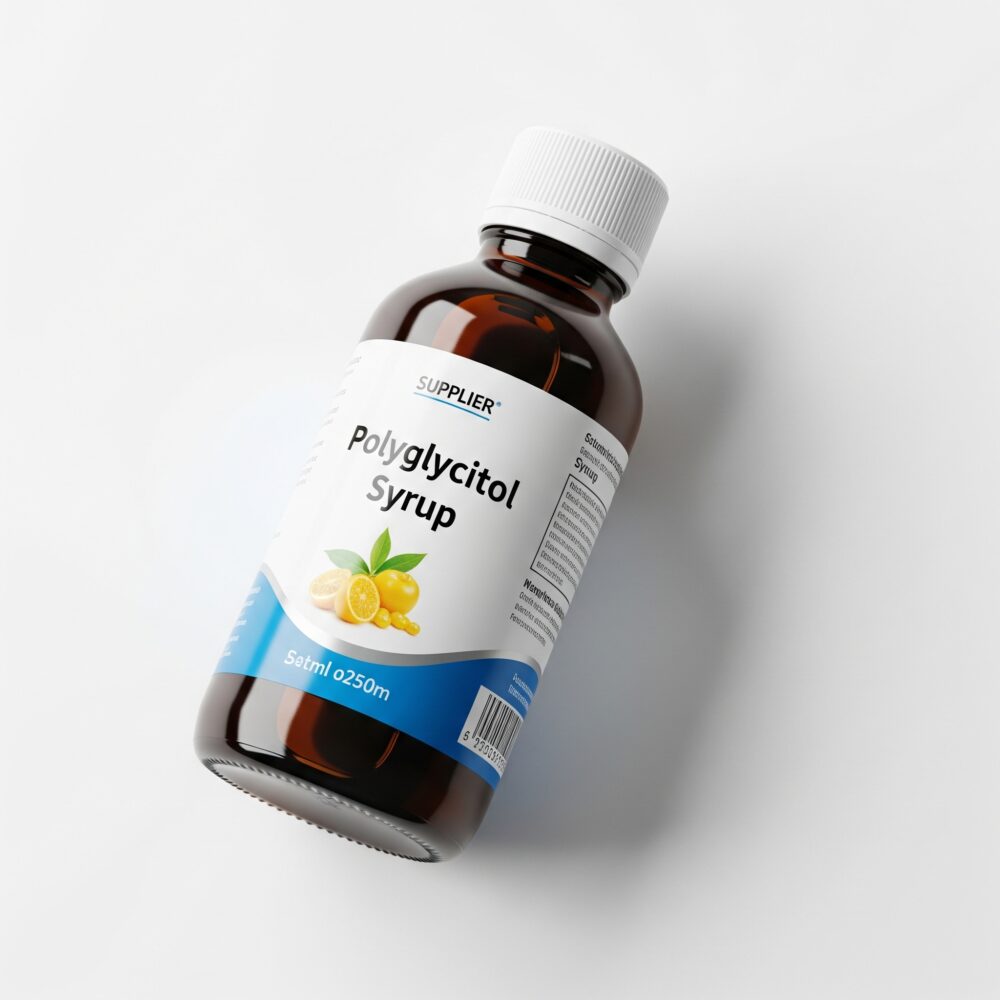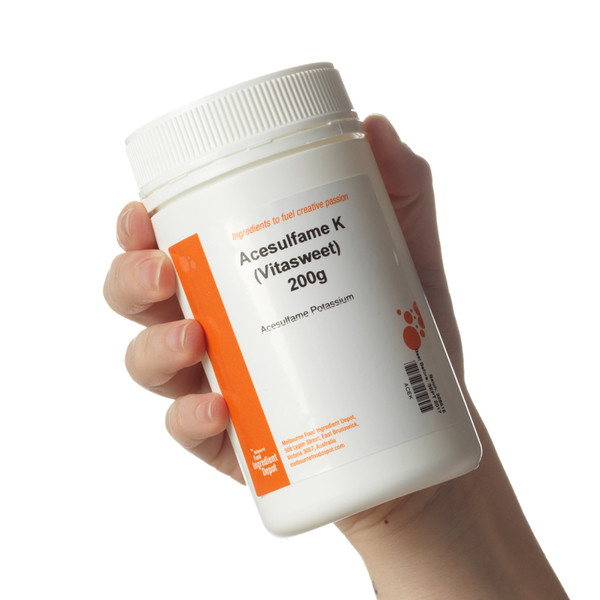Product Introduction
Polyglycitol syrup is a sugar alcohol. It is a type of polyol. It’s made by hydrolyzing starch. Then, it undergoes hydrogenation. This complex process creates a stable compound. It has unique properties. This makes it ideal for replacing sugar. It works in many products. Unlike sugar, polyglycitol metabolizes slowly. Its chemical structure causes this. This slow metabolism helps control blood sugar better.

Product Specifications and Features
Polyglycitol syrup has key features. These make it different from other sweeteners.
- Lower Calories: It has fewer calories than sugar. This suits diet and low-calorie products.
- Mild Effect on Blood Sugar: It absorbs and metabolizes slowly. This minimizes sharp blood sugar swings. It helps diabetics. It also helps those controlling blood sugar.
- Sweet and Natural Taste: It tastes much like sugar. It gives a pleasant sweetness. There are no unwanted flavors or bitter aftertastes.
- High Stability: It is stable under varying temperatures. It also shows good pH stability. This makes it suitable for many food processes.
- Functional Properties: It is also a bulking agent. It improves texture and moisture too.
Product Benefits
Using Polyglycitol Syrup offers big advantages. These benefit both manufacturers and consumers.
Consumer Health
Polyglycitol syrup directly impacts consumer health. A key benefit is fewer calories. It significantly reduces calories in foods. Manufacturers can offer lower-calorie products. This is great for weight loss or maintenance. Polyglycitol also helps control blood sugar. Sugar causes sharp blood sugar spikes. Polyglycitol has less impact on glucose levels. This is vital for diabetics. It also helps those at risk of diabetes. Better blood sugar control promotes overall health. It lowers risks of sugar-related diseases. These include obesity and type 2 diabetes. Heart disease and metabolic syndrome are also reduced.
Formulation Versatility
Polyglycitol syrup offers formulation versatility. Manufacturers can create diverse products. Its chemical and physical properties help. It can be used in many applications. Manufacturers are not sugar-limited. They can use polyglycitol for healthier products. This includes low-calorie drinks. It also works for diet baked goods. Think low-sugar cakes and cookies. It’s even used in sugar-free chocolates. These suit diabetics and dieters. It’s also used in pharmaceuticals. Polyglycitol maintains product properties. It does not create unwanted flavors. This makes it ideal for new, healthy products.
Market Attractiveness
Consumers seek healthy options. Polyglycitol syrup boosts product appeal. Consumers now demand healthier choices. They want good taste and health benefits. Awareness of sugar’s harm is rising. Demand for “sugar-free” products is up. “Low-sugar” or “low-calorie” products are also popular. Manufacturers using polyglycitol stand out. They reach health-conscious consumers. This boosts sales and customer loyalty.
Final Product Quality
Replacing sugar often impacts quality. Polyglycitol syrup does not harm quality. It helps maintain product texture. This is true for drinks and baked goods. It prevents unwanted consistency changes. Polyglycitol keeps original, pleasant flavors. It avoids artificial or off-tastes. These are sometimes found in artificial sweeteners. This sweetener can also extend shelf life. Its humectant and antimicrobial properties help. This prevents early spoilage. Manufacturers offer high-quality products. They last longer without added sugar.
Final Conclusion
Polyglycitol syrup is a leading sweetener. It meets changing market needs. It also meets consumer demands. Polyglycitol Syrup Suppliers offer high-quality product. They enable innovative, healthier foods. This also applies to pharmaceuticals. The future of food is healthier options. It also points to sustainable ones. Polyglycitol syrup will play a big role.
It’s worth noting that MT Royal is the supplier of this product, and you can visit their website to purchase it.






Reviews
There are no reviews yet.